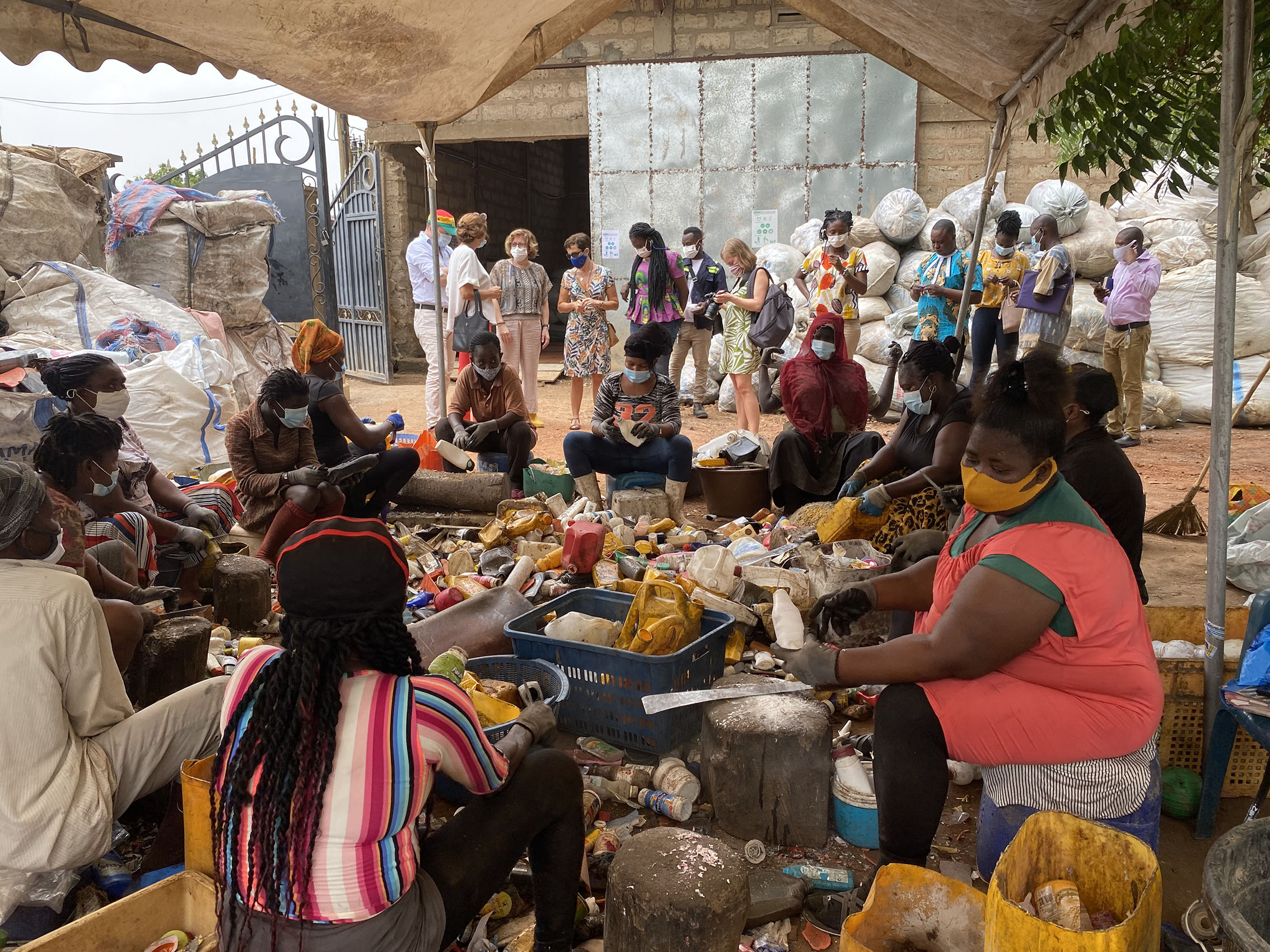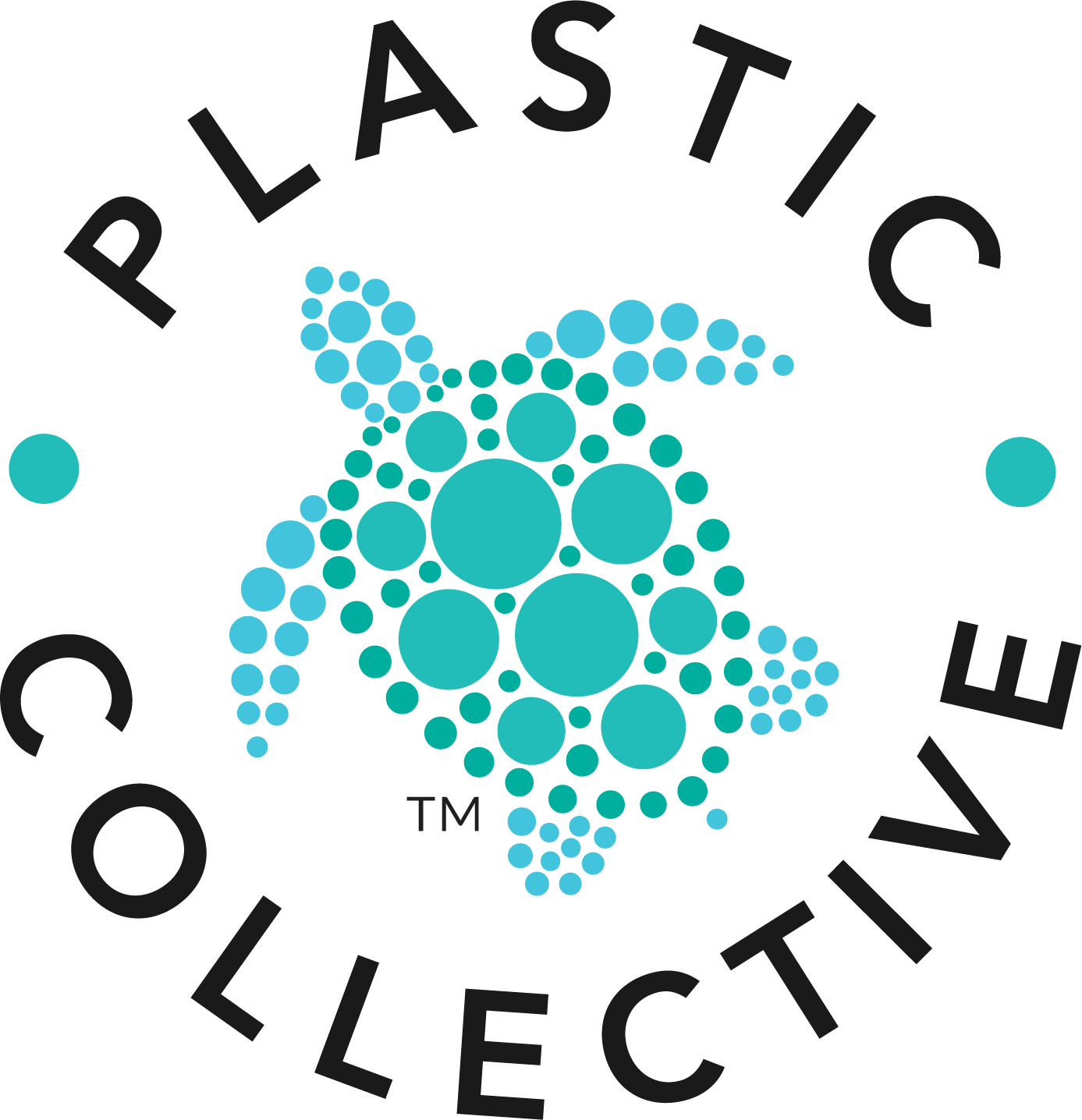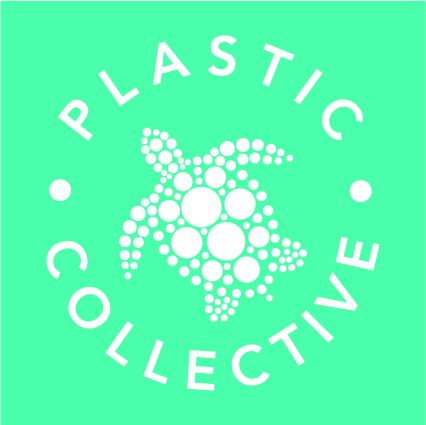Plastic Collective’s to Pledge to Improve Welfare of Plastic Waste Collectors in Emerging Nations

For almost eight years Plastic Collective has been working with remote and vulnerable communities around the world to address the plastic waste crisis where plastic leakage into nature is most extreme and destructive.
Siblings Louise, Stephen and Dianne Hardman founded the business to address mismanaged plastic waste that leaks into oceans and nature and goes unrecycled into landfill and incineration.
Plastic Collective supports projects that collect and recycle plastic in emerging nations with funding solutions, waste management technologies, digital monitoring systems, project certification, expansion planning, waste picker welfare programs, operational training and community education programs.
Plastic Collective has been a leading proponent in the development and deployment of the Verra Plastic Waste Reduction Standard (See: https://verra.org/programs/plastic-waste-reduction-standard/) and its associated plastic credit program which is used to channel much needed funding to plastic collection and recycling projects in order for them to become sustainable.
Today, Plastic Collective announces the expansion of its plastic mission with its Pledge to Improve Welfare of Plastic Waste Collectors in Emerging Nations. Lousie Hardman said: “Our pledge is to ensure that waste collectors work in healthy and safe conditions, are paid fair and above market wages, have access to medical and health insurance and provide educational and training opportunities for the collectors and their community. Waste collectors are the foundation of plastic recycling in emerging nations where organized waste management services are often absent. Their welfare is key to solving the plastic waste reduction standard.”
Plastic Collective is one of the first NGOs to implement the new Zero Plastic Ocean Social Plus Standard which certifies plastic recycled projects as being compliant with its rigorous requirements for safeguarding waste pickers and improving their livelihoods. The Social Plus Standard will initially be applied to two projects; Asase Foundation in Accra, Ghana and Greencore SEArcular in Surabaya, Indonesia.
The Projects were selected by Plastic Collective as exemplars that address plastic waste in extreme leakage territories, and where they have proven operational track record over the previous three years, and are planning to scale and develop additional capacity in the next three to five years, and have credible managements teams and high social and environmental impact.
Project 1: ASASE Foundation, Ghana
The ASASE Project is a community-based plastic waste collection and recycling project established in Ghana in 2019. The project involves starting small recycling plants as social enterprises in communities where plastic pollution is most severe, and empowering women entrepreneurs to build their own plastic waste collection businesses as a sustainable source of income and employment.
Networks of waste pickers collect Polypropylene (“PP”), Low-Density Polyethylene (“LDPE”), High-Density Polyethylene (“HDPE”) and Polyethylene Terephthalate (“PET”) from numerous sources including households, businesses, schools, markets and landfill. The collected waste is transported to ASASE Foundation’s collection centers and warehouses for aggregation. All sorting is conducted in the warehouses, from where it is transferred to ASASE Foundation to Cash It! plants for washing and processing into shred and pellets.
Key Environmental and Social Co-benefits:
a) Provision of plastic waste management services to Accra’s poorest, underserved communities;
b) Remediation of World Heritage site;
c) Reduction of Accra’s high environmental leakage rates and addressing ocean bound plastic;
d) Employment provision for 156 staff (almost half are women);
e) Livelihood provision for 941 waste pickers (around 45 percent are women);
f) ZPO Social Plus standard to alleviate waste picker poverty being implemented from January 1, 2024;
g) Schools plastic circularity education program; and
h) Community health and sanitation awareness building.
Project Impact
This project is a high impact activity, as is evidenced by aiming to meet 8 of the 17 United Nations Sustainable Development Goals (“SDGs”), namely the following:
3. Good Health and Well Being, through improved health from reduced plastic soil, water, and air pollution;
4. Quality Education, through plant workers receiving technical skills training;
5. Gender Equality, by providing women access to decent work fuels sustainable economies and benefits societies;
6. Clean Water and Sanitation, by making water cleaner from reduced plastic waste and increased recycling;
8. Decent Work and Economic Growth, through the creation of employment opportunities for women through new roles in business;
9. Industry Innovation and Infrastructure, through developing reliable, sustainable and resilient recycling infrastructure in a developing country through financial, technological and technical support;
11. Make cities and human settlements inclusive, safe, resilient and sustainable, through reducing the adverse impact of the city of Accra by improving waste management; and
14. Life Below Water, through protecting marine life from plastic pollution.
Project 2: SEArcular By Greencore, Indonesia
The SEArcular Project is a plastic waste collection and recycling project established in Surabaya, Indonesia in 2018. The project empowers coastal communities by providing training, employment and price premiums for the ocean bound plastic they collect.
SEArcular focuses on providing an appropriate end of life for the more difficult to recycle plastic types. The project’s network of waste pickers, aggregators and suppliers collect LDPE, HDPE, PP, PET, Polyvinyl Chloride (“PVC”) and “other” (ABS, POM, PA) directly from beaches, waterways, streets, and bins and dumpsters located in public areas and used by individuals/households and businesses.
SEArcular transports the collected and pre-sorted material to its processing facility in Surabaya where it is washed and processed into flakes and pellets. The project’s outputs are used by its customers for the production of a diverse range of recycled plastic products, including electronic componentry, luggage items, durable film and reusable poly bags.
Key Environmental and Social Co-benefits:
a) Provision of plastic waste management services to East Java’s underserved coastal communities;
b) Reduction of East Java’s high environmental leakage rates and addressing ocean bound plastic;
c) Certified Ocean Bound Plastic collection and recycling organisation;
d) Certified under Global Recycling Standard;
e) Employment provision for 33 staff;
f) Livelihood provision for 650 waste pickers;
g) ZPO Social Plus standard to alleviate waste picker poverty being implemented from January 1, 2024; and
h) Community health and sanitation awareness building.
Project Impact
This project is a high impact activity, as is evidenced by aiming to meet 8 of the 17 United Nations SDGs, namely the following:
1. No poverty, by empowering coastal communities across Indonesia and giving them premium for the collection of OBP plastic;
6. Clean Water and Sanitation, by removing plastic from coastal areas at risk of leakage and thereby contributing to a cleaner water;
8. Decent Work and Economic Growth, by giving a OBP premium to the waste pickets and thereby contributing to giving them the ability to have decent job and revenues;
9. Industry Innovation and Infrastructure, through developing reliable, sustainable and resilient recycling infrastructure in a developing country through financial, technological and technical support;
11. Make cities and human settlements inclusive, safe, resilient and sustainable, by organising the collection and recycling of plastic waste in cities and coastal communities;
12. Ensure sustainable consumption and production patterns, by giving the opportunity to make plastic items from recycled plastic, non-fossil sources;
14. Life Below Water, by preventing plastic waste from leaking into the ocean (ocean-bound certified company); and
15. Life on Land, 80% of the plastic found in the ocean originates from land based sources; by removing it before it enters the ocean, thereby contributing to improved life on land.

